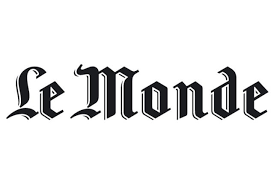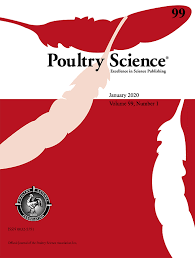Document type : article published in Le Monde (subscriber edition)
Author: Valentine Faure
Preview: From Descartes' "animal-as-machine" to the "animal studies" of the early 2000s, a profound change has taken place in the way in which the social sciences look at animals. No longer regarded as objects devoid of consciousness, the are considered to be "sentient living beings", capable even of resistance. They're smarter than we are", was the New York Times headline in July. The 'who' in this case were the magpies and crows spotted in Antwerp and Rotterdam building nests out of spikes torn from anti-bird devices. "The magpies have succeeded in transforming hostile architecture into a home," observes the newspaper. Steel nests, armored like bunkers, resembling a gesture of defiance directed back towards the adversary. Like the actions of the orcas who, for the past three years, have increased their group attacks on boats off Gibraltar, perhaps in retaliation for an incident in which an orca matriarch was hit by a boat in 2020. While there is as yet no scientific consensus on this unusual animal behavior, social network sites display no doubts, enthusing over this seeming family revolt using the hashtag #orcauprising. The idea has spread like a new self-evident truth: animals are capable of defending themselves against humans, perhaps even of taking revenge, so why should they not be agentive, i.e. able to act on the world according to their own experiences. This is also the premise that runs through the Abysses television series, broadcast on France 2 and adapted from the international bestseller by German author Frank Schätzing (Der Schwarm, Kiepenheuer & Witsch GmbH, 2004, translated in 2008, Presses de la cité), in which a mysterious force from the depths uses sea creatures to declare war on humanity. Humans are transformed from a threatening species to an endangered one.
Such scenarios bear witness to a reversal in the way we view animals that is the result of an ontological upheaval that continues to eat away at the idea that a special place is reserved for humans. Baptiste Morizot has turned wolves into Diplomats (Wildproject, 2016); Vinciane Despret has prompted us to think like a rat (Penser comme un rat, Quæ, 2009), live as a bird (Habiter en oiseau, Actes Sud, 2019) or imagine a squid's autobiography (Autobiographie d'un poulpe, Actes Sud, 2021), inventing "therolinguistics", a branch of linguistics "committed to studying and translating the written works of animals". Philosopher Florence Burgat has explored unconsciousness in animals (L'Inconscient des animaux, Seuil, 272 pages, 23 euros), and historian Eric Baratay has examined cat cultures (Cultures félines, Seuil, 2021). [End of section available to non-subscribers]






